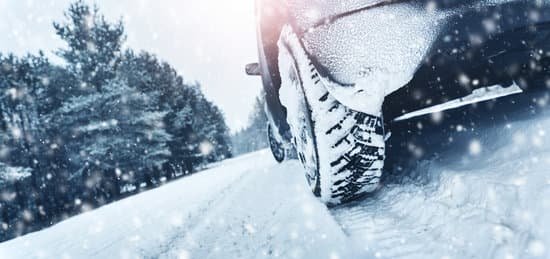While winter weather has been lingering for a couple of months, there’s still more to come. Did you know that heavy rains, blizzards, and ice storms often arrive in February and March across many parts of the country?
Here are a few life-saving tips to remember as you get on the road this season.
- Remove bulky coats/jackets when buckling children into car safety seats.
In an accident, the material will squish down and the harnessing system will be too loose to be effective. Layer blankets on your child’s lap after buckling them in.
A list of recommended warm clothing that won’t interfere with car seat safety can be found here.
- Keep your gas tank at least half full.
This prevents water condensation from getting into and freezing up fuel lines. A frozen fuel line means limited gas supply to the engine, stopping you in your tracks.
- Use wiper fluid that is formulated to NOT freeze.
Windshields coated with ice or splashback from roads create dangerous visibility. You will need to clean your windshield while driving, and only fluid that stays liquid will do the job.
- Prepare a winter car safety kit.
Experts recommend carrying tire chains, jumper cables, a shovel, ice scraper, and even spare wiper blades. Other life-saving items include bottles of water, high-calorie foods and snacks, blankets or sleeping bags, a spare pair of boots, flashlights, gloves, solar cell phone chargers, and a first aid kit. Kitty litter for traction is also a good idea.
- Be aware of deadly carbon monoxide in your vehicle(s).
If you can smell exhaust in your vehicle’s cabin, you should have your systems checked. Leaks in exhaust systems, defective ventilation systems, and even an unsecured back hatch or partially open trunk can allow carbon monoxide gas into your vehicle. Tailpipes blocked with snow or ice can send carbon monoxide into the vehicle too.
Also, warming a car in a garage, even with the door open, allows dangerous concentrations of the gas into the vehicle and even into your home.
It’s important that everyone knows the symptoms of carbon monoxide poisoning.
- Bring essential medications in case you get stranded.
- Don’t venture out in extreme conditions unless it’s an emergency.
You are not only putting your life in danger, but also the lives of first responders who will have to venture out to search for you if you get lost or stranded.
TAKEAWAY: Find more winter driving tips and preparation at the California Casualty blog.
- Graduation – When to Remove Your Child from Your Auto Policy - May 18, 2023
- How to Prevent Catalytic Converter Theft - May 17, 2023
- How Much Does Home Insurance Cost? - May 17, 2023

